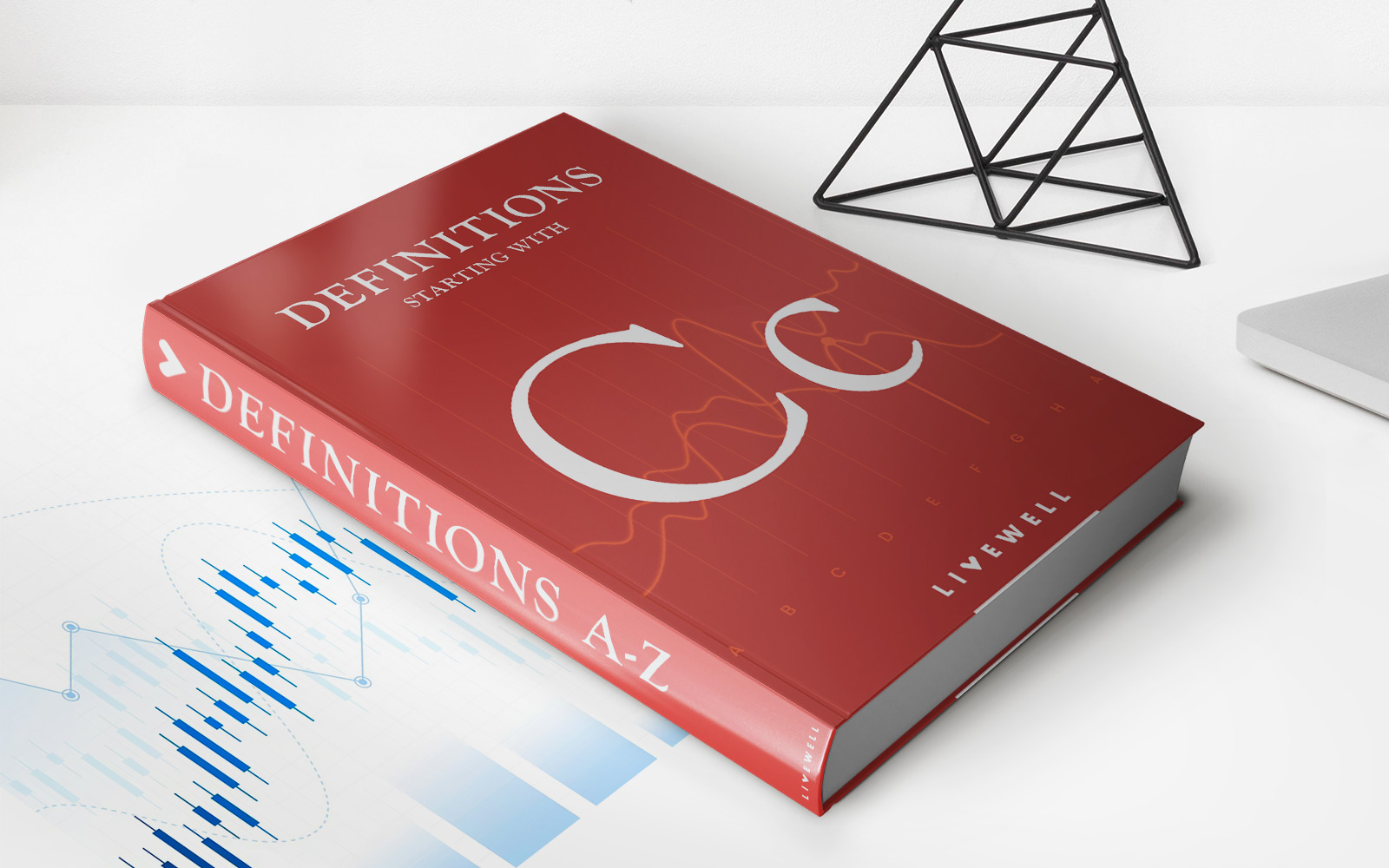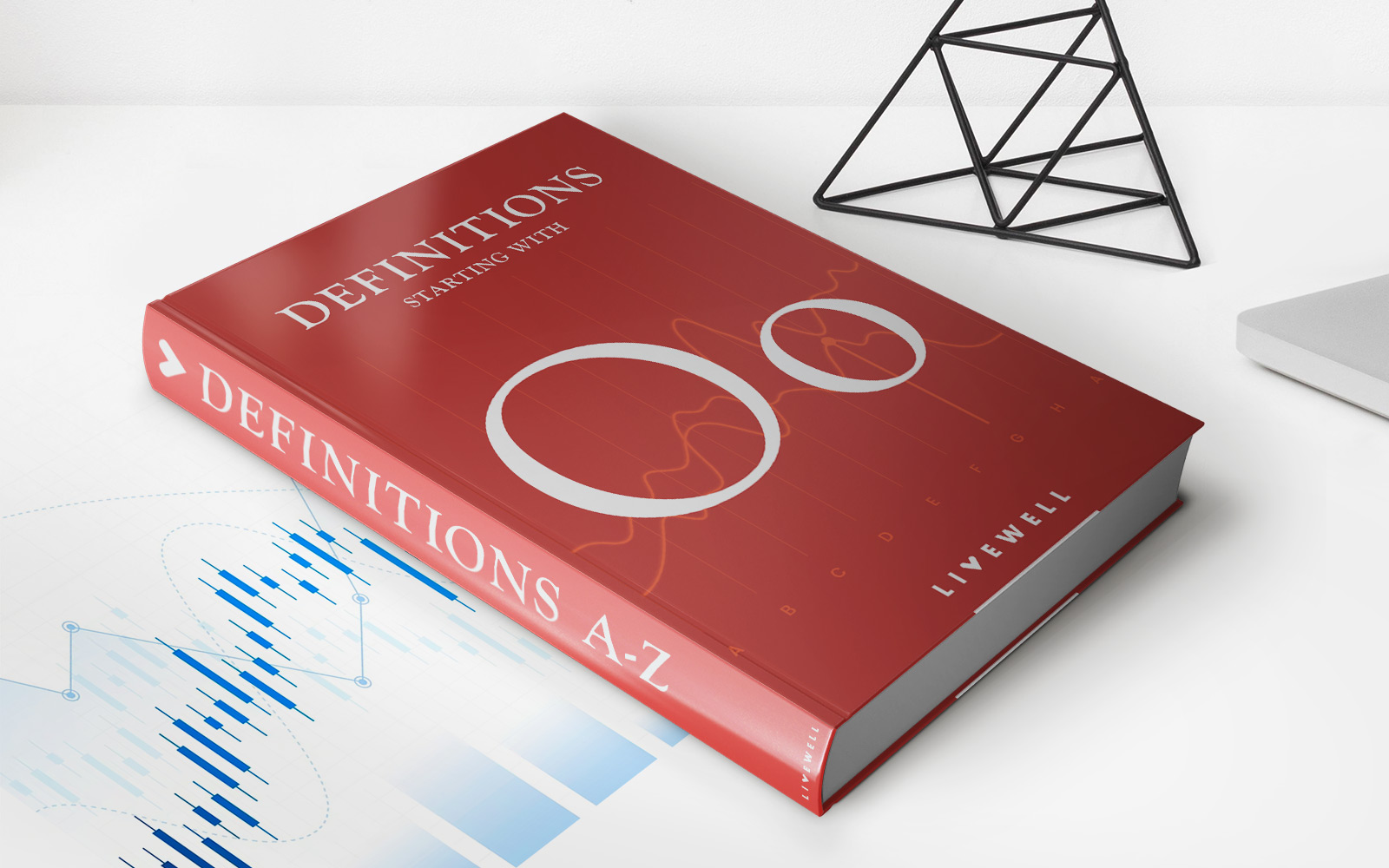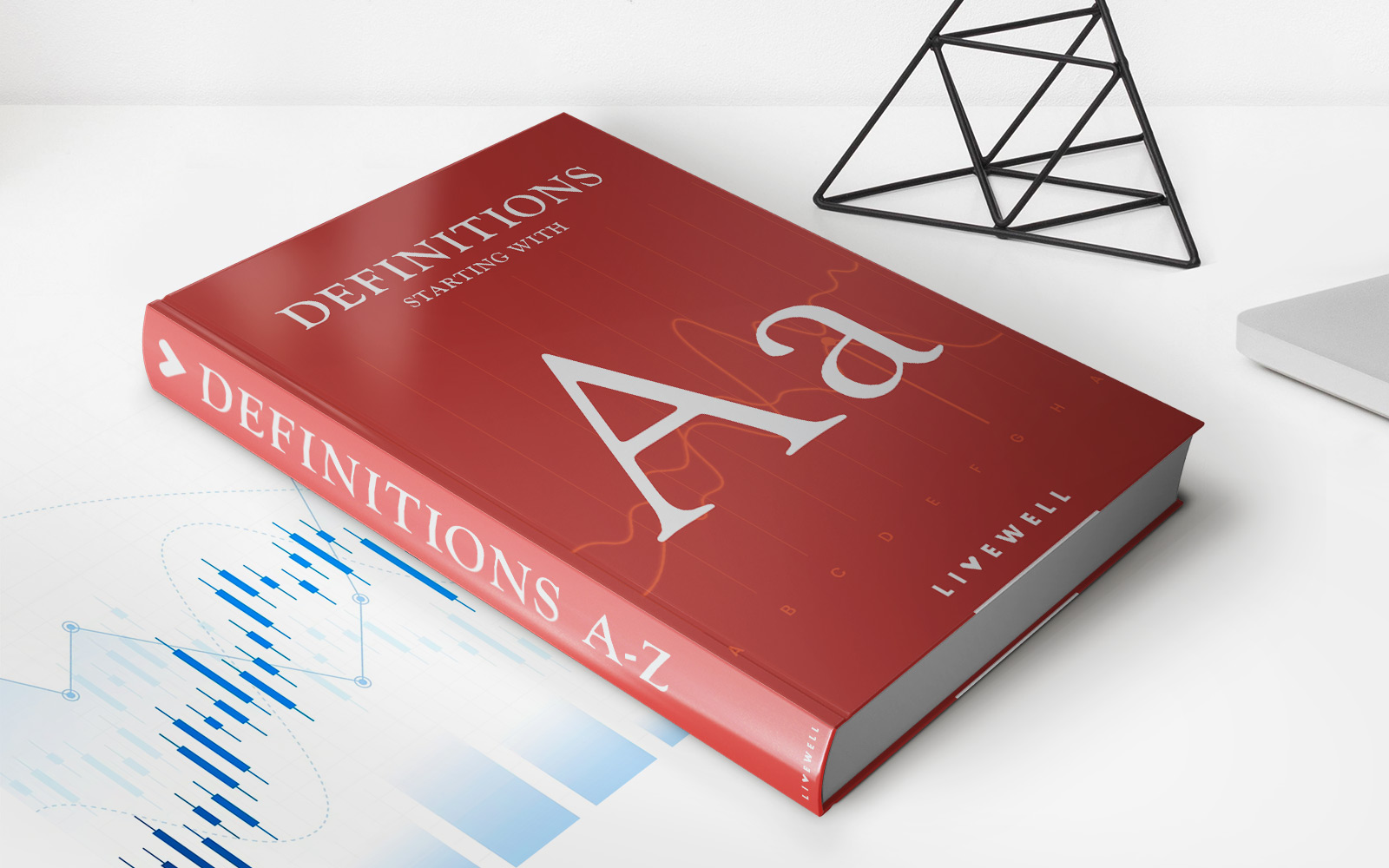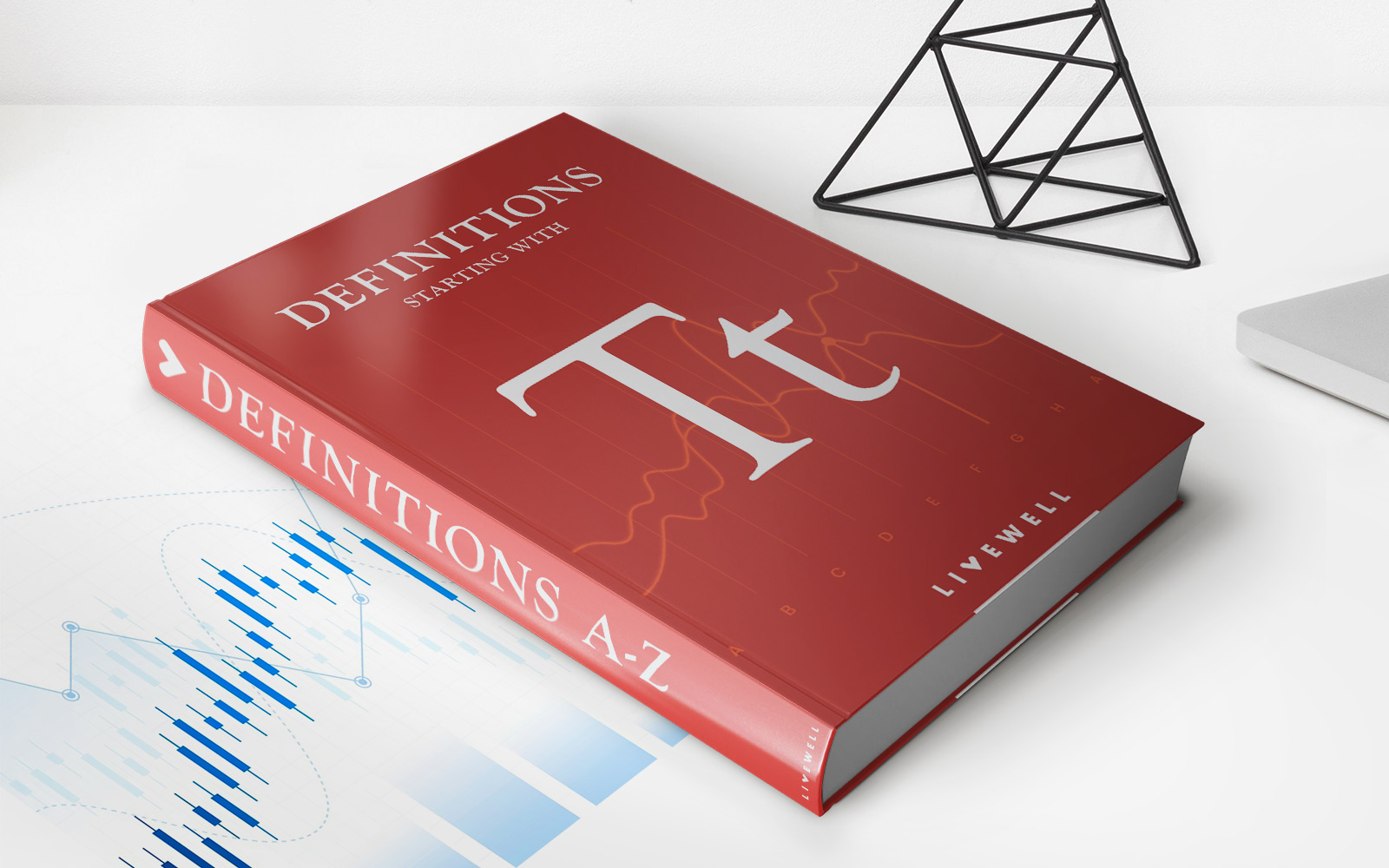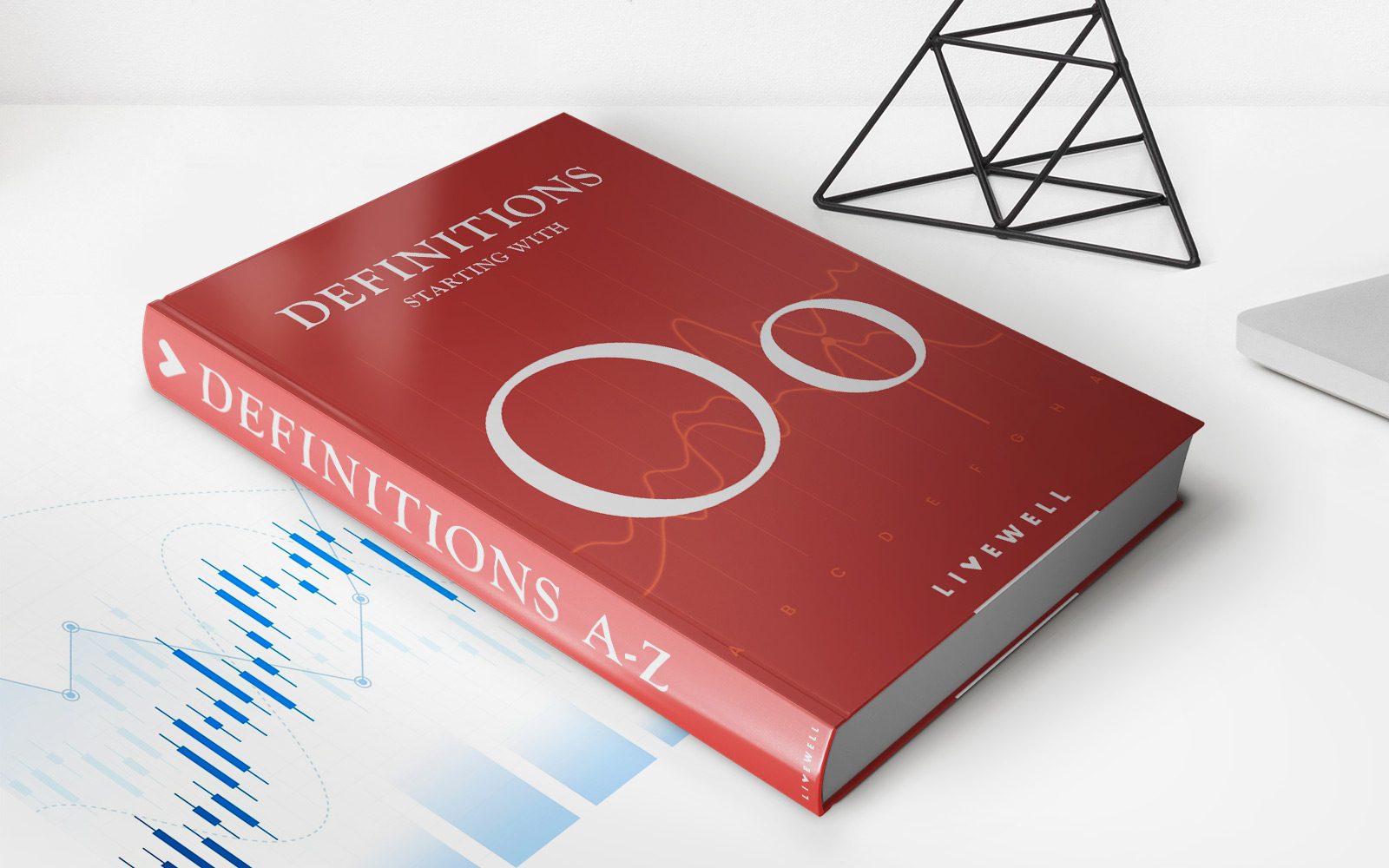

Finance
What Is One Type Of Closed-End Credit?
Published: January 13, 2024
Learn about one type of closed-end credit in the world of finance and how it can impact your financial situation.
(Many of the links in this article redirect to a specific reviewed product. Your purchase of these products through affiliate links helps to generate commission for LiveWell, at no extra cost. Learn more)
Table of Contents
Introduction
When it comes to managing personal finances, understanding the different types of credit is essential. One such type is closed-end credit, which plays a significant role in many people’s lives. Closed-end credit refers to a specific loan agreement where a borrower receives a fixed amount of money upfront and agrees to repay it over a predetermined period of time, usually with regular monthly payments.
Unlike open-end credit, such as credit cards or lines of credit, closed-end credit has specific terms and conditions that cannot be changed once the loan is approved. This type of credit is often used for major purchases, such as buying a car, financing a home, or funding a higher education.
In this article, we will explore the different types of closed-end credit and dive into the details of one particular type. Understanding the features, advantages, and disadvantages of this form of credit can help you make informed decisions about your financial future. So, let’s explore one type of closed-end credit and discover how it can impact your financial situation.
Definition of Closed-End Credit
Closed-end credit, also known as an installment loan, is a type of credit that provides borrowers with a fixed amount of money upfront. Unlike revolving credit, where borrowers have a predetermined credit limit that they can borrow against repeatedly, closed-end credit establishes a specific loan amount that must be repaid in regular installments over a fixed period of time.
When a borrower obtains closed-end credit, a contract is established that outlines the terms and conditions of the loan. This contract includes details such as the loan amount, interest rate, repayment schedule, and any associated fees or penalties. It is important for borrowers to carefully review and understand the terms before agreeing to the loan.
One key characteristic of closed-end credit is that once the loan is approved and disbursed, the borrower cannot access additional funds beyond the agreed-upon loan amount. This is in contrast to open-end credit, where borrowers can continuously access funds up to their credit limit.
Common examples of closed-end credit include auto loans, mortgages, personal loans, and student loans. These loans are typically used for specific purposes, such as purchasing a car, buying a home, covering personal expenses, or funding education. Closed-end credit has a predetermined repayment period, usually ranging from a few months to several years, depending on the loan amount and terms.
It is important to note that closed-end credit is different from open-end credit in terms of repayment structure and flexibility. Understanding the distinction between the two types of credit can help borrowers determine which option is most suitable for their needs and financial situations.
Types of Closed-End Credit
Closed-end credit encompasses various loan options, each tailored for specific financial needs and situations. Let’s explore some of the common types:
- Auto Loans: These loans are used to finance the purchase of a vehicle. Borrowers receive a fixed amount to pay for the car, and they repay the loan over a predetermined period, typically ranging from 3 to 7 years. The car itself serves as collateral for the loan, giving the lender the right to repossess the vehicle if the borrower fails to make payments.
- Mortgages: Mortgages are loans used to purchase real estate properties, such as homes or commercial buildings. With a mortgage, borrowers receive a large sum of money upfront to buy the property, and they repay the loan over a long period, typically spanning 15 to 30 years. The property being purchased serves as collateral for the loan, and the lender has the right to foreclose on the property if the borrower defaults on payments.
- Personal Loans: Personal loans are versatile loans that can be used for various purposes, such as debt consolidation, home improvements, or unexpected expenses. Borrowers receive a lump sum of money and repay it over a fixed term, typically ranging from 1 to 7 years. Personal loans may be secured, meaning collateral is required, or unsecured, without the need for collateral but typically at a higher interest rate.
- Student Loans: Student loans are specifically designed to finance higher education expenses, such as tuition, books, and living costs. There are federal student loans offered by the government and private student loans provided by banks and other financial institutions. These loans may have different repayment terms, such as fixed or variable interest rates and various forgiveness or deferment options.
- Business Loans: Business loans provide funding for businesses to cover various expenses, such as starting a new venture, expanding operations, or purchasing equipment. These loans can have fixed or variable interest rates and different repayment terms based on the lender’s policies and the borrower’s business profile.
These are just a few examples of the different types of closed-end credit available. Each type serves a particular financial purpose and comes with its own set of terms, conditions, and eligibility criteria. It is essential for borrowers to carefully assess their needs and consider the terms and affordability of each loan option before making a decision.
One Type of Closed-End Credit
Among the various types of closed-end credit, one popular option is a home equity loan. A home equity loan allows homeowners to borrow against the equity they have built up in their homes. Equity is the difference between the market value of the property and the outstanding balance on any existing mortgage.
With a home equity loan, borrowers receive a lump sum of money upfront, typically at a fixed interest rate. The loan amount is determined by factors such as the homeowner’s equity, creditworthiness, and the lender’s policies. The borrowed amount is repaid in installments over a specific term, usually ranging from 5 to 20 years.
One of the key advantages of a home equity loan is that the funds can be used for a variety of purposes, such as home renovations, debt consolidation, education expenses, or even starting a new business. The flexibility of these loans makes them attractive to homeowners who are looking to leverage the equity in their homes to meet their financial needs.
One important aspect to consider when opting for a home equity loan is that the home serves as collateral for the loan. This means that if the borrower defaults on payments, the lender has the right to foreclose on the property. Therefore, it is crucial to carefully assess affordability and ensure timely repayment of the loan to avoid the risk of losing one’s home.
Another advantage of a home equity loan is that the interest paid on the loan may be tax-deductible in certain situations. However, it is crucial to consult with a tax advisor to understand the specific rules and regulations governing tax deductibility.
It is worth noting that home equity loans are only available to homeowners who have built up sufficient equity in their properties. Therefore, individuals who have just purchased a home or have minimal equity may not qualify for this type of closed-end credit.
Overall, a home equity loan can provide homeowners with a valuable source of funding for various financial goals. However, it is essential to carefully consider the terms, fees, and repayment obligations associated with this type of closed-end credit before making a decision.
Features of this Type of Closed-End Credit
Home equity loans, as a type of closed-end credit, possess distinct features that differentiate them from other forms of borrowing. Here are some key features of home equity loans:
- Collateral: A home equity loan uses the borrower’s home as collateral. The lender has the right to seize the property if the borrower fails to repay the loan as agreed. This collateral requirement allows lenders to offer lower interest rates compared to unsecured loans.
- Loan Amount: The amount that homeowners can borrow through a home equity loan is determined by the available equity in their property. Equity is calculated by subtracting the outstanding mortgage balance from the current market value of the home. Typically, lenders allow borrowers to access up to 80% to 90% of their home’s appraised value.
- Fixed Interest Rate: Home equity loans often come with fixed interest rates, meaning the rate remains consistent throughout the loan term. This provides borrowers with predictability and allows for better budgeting since the monthly payments remain the same.
- Lump Sum Payment: When approved for a home equity loan, borrowers receive a one-time lump sum payment. This makes it suitable for financing large expenses, such as home renovations or debt consolidation. Borrowers have immediate access to the funds and can utilize them as needed.
- Structured Repayment Schedule: Home equity loans require borrowers to repay the loan amount over a predetermined period, typically ranging from 5 to 20 years. Monthly payments consist of both principal and interest, allowing borrowers to know exactly how much they need to pay each month until the loan is fully repaid.
- Potential Tax Deductibility: In certain situations, the interest paid on a home equity loan may be tax-deductible. However, tax laws and eligibility criteria can vary, so it’s important to consult a tax advisor to determine if this benefit applies to your specific circumstances.
- Lower Interest Rates: Home equity loans generally offer lower interest rates compared to unsecured loans, such as personal loans or credit cards. This is due to the lower risk to the lender, as the borrower’s property serves as collateral. Lower interest rates can result in substantial savings over the life of the loan.
These features make home equity loans an attractive option for homeowners who are in need of a significant amount of money for specific purposes. However, it is crucial to consider the associated risks and ensure responsible borrowing to avoid potential financial difficulties and the risk of losing one’s home.
Advantages of this Type of Closed-End Credit
Home equity loans offer several advantages for homeowners who are considering this type of closed-end credit. Let’s explore some of the key benefits:
- Lower Interest Rates: Compared to other forms of borrowing, such as credit cards or personal loans, home equity loans typically offer lower interest rates. This can result in significant interest savings over the life of the loan, especially for borrowers with good credit scores.
- Potential Tax Deductions: In certain circumstances, the interest paid on a home equity loan may be tax-deductible. This potential tax benefit can help homeowners reduce their overall tax liability. However, it is important to consult with a tax advisor to understand the specific eligibility criteria and regulations.
- Borrowing Flexibility: Home equity loans allow homeowners to leverage the equity in their property for various financial needs. Whether it’s funding home renovations, consolidating high-interest debts, paying for education expenses, or covering unexpected costs, the flexibility of this type of closed-end credit provides borrowers with options.
- Fixed Interest Rates: Home equity loans often come with fixed interest rates, which means that the rate remains consistent throughout the loan term. This stability allows borrowers to plan and budget their monthly payments effectively, knowing that they won’t be subject to fluctuating interest rates.
- Higher Loan Amounts: Home equity loans offer the potential for higher loan amounts compared to other types of personal loans. This can be beneficial when substantial funds are required for significant expenses, such as home improvements or debt consolidation.
- Possibility of Improving Home Value: In some cases, using a home equity loan for home renovations or improvements can increase the value of the property. This can be advantageous for homeowners looking to enhance their living space and potentially boost their home’s resale value.
- Consolidation of Debts: Home equity loans can be an effective tool for debt consolidation. By using the loan funds to pay off high-interest debts, such as credit card balances or personal loans, borrowers can simplify their repayment process and potentially save on interest charges.
However, it is essential to carefully consider the risks associated with home equity loans, such as the potential of losing one’s home if loan repayments are not made according to the agreed terms. Homeowners should assess their financial situation, repayment capacity, and the purpose of the loan before proceeding with a home equity loan.
Disadvantages of this Type of Closed-End Credit
While home equity loans offer various advantages, it is important to consider the potential disadvantages associated with this type of closed-end credit. Here are some key factors to keep in mind:
- Risk of Foreclosure: When using a home equity loan, homeowners put their property at risk. If they are unable to make timely repayments as agreed, the lender may have the right to foreclose on the property, leading to the potential loss of their home.
- Additional Debt: Taking out a home equity loan means acquiring additional debt on top of an existing mortgage. This increases the overall debt burden for homeowners and requires careful budgeting to manage multiple loan payments effectively.
- Closing Costs and Fees: Home equity loans often involve various fees and closing costs, including appraisal fees, application fees, origination fees, and legal fees. These costs can add up and affect the affordability of the loan.
- Market Volatility: Home values can fluctuate over time, and economic factors can impact property prices. In the event of a housing market downturn, homeowners may find themselves owing more on their home equity loan than the value of their property, which can potentially lead to financial difficulties.
- Long-Term Commitment: Home equity loans typically have a long repayment term, ranging from 5 to 20 years. Committing to repayments over an extended period requires careful planning to ensure ongoing financial stability and to avoid any potential difficulties in meeting monthly obligations.
- Impact on Credit Score: Failing to make timely payments on a home equity loan can negatively impact an individual’s credit score. This can make it more challenging to obtain credit in the future and may result in higher interest rates or less favorable terms for other financing needs.
- Restricted Access to Equity: By taking out a home equity loan, homeowners are essentially using a portion of their home’s equity as collateral. This limits their ability to access that equity for other purposes, such as future renovations or investments, until the loan is fully repaid.
It is crucial for homeowners considering a home equity loan to carefully evaluate their financial situation, repayment capabilities, and long-term goals. Understanding the potential disadvantages can help borrowers make informed decisions and minimize any potential risks associated with this type of closed-end credit.
Conclusion
Closed-end credit, such as a home equity loan, can be a valuable financial tool for homeowners seeking to leverage the equity in their properties. These loans offer several advantages, including lower interest rates, potential tax deductions, flexibility in borrowing, fixed interest rates, higher loan amounts, and debt consolidation options. However, it is important to consider the potential disadvantages, such as the risk of foreclosure, additional debt, closing costs, market volatility, long-term commitment, credit score impact, and restricted access to equity.
Before deciding to apply for a home equity loan or any other type of closed-end credit, homeowners should carefully assess their financial situation, including income, expenses, and overall debt burden. It is crucial to have a clear understanding of the loan terms, repayment obligations, and associated costs.
Furthermore, homeowners should evaluate alternative options and compare different types of borrowing to determine the most suitable choice for their specific needs and goals. Consulting with a financial advisor or mortgage specialist can provide valuable insights and guidance in making a well-informed decision.
Ultimately, whether it’s funding home improvements, consolidating debts, or covering unexpected expenses, a home equity loan can be a sound financial strategy when used responsibly and within one’s means. By understanding the advantages, disadvantages, and risks associated with closed-end credit, homeowners can make educated decisions that align with their current financial circumstances and long-term objectives.
